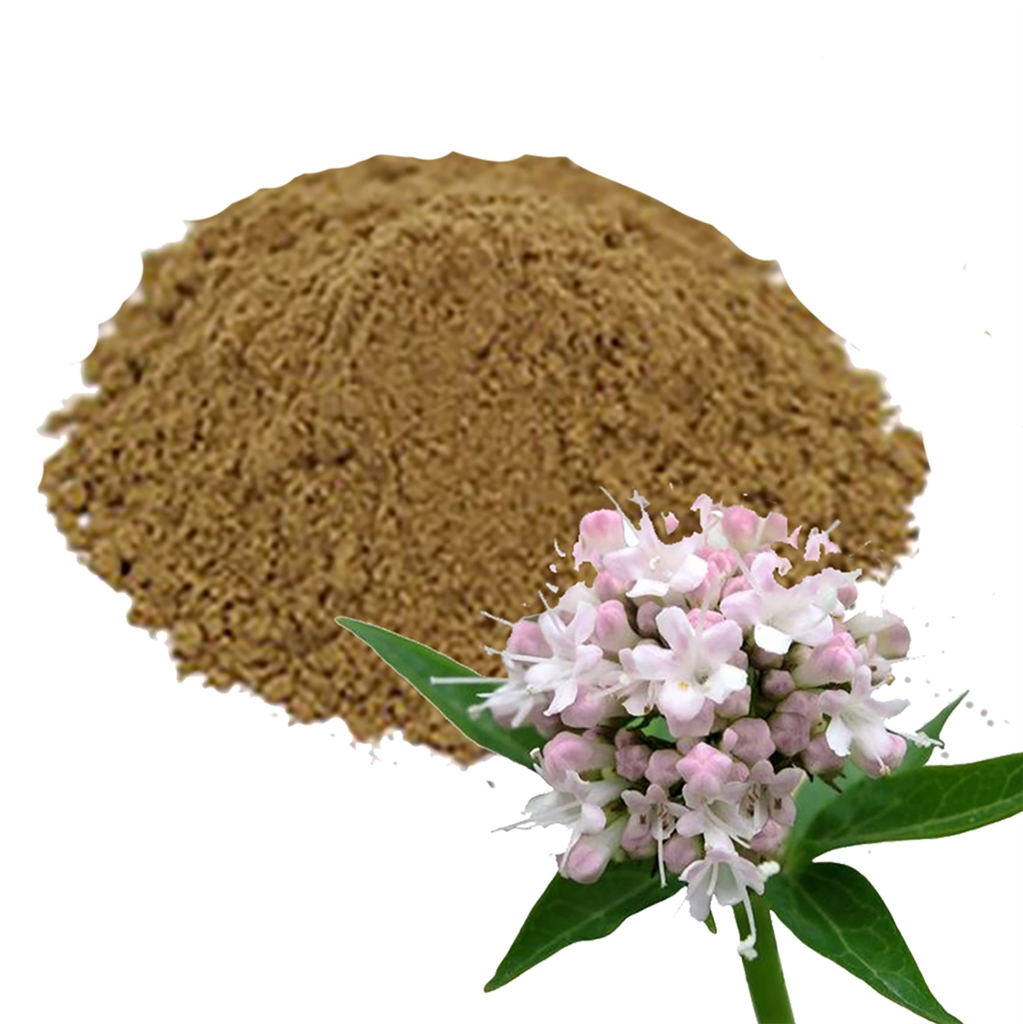I first came across GABA in my A-level Biology class, where we were studying the human nervous system.
I learned that GABA is a neurotransmitter that acts as an “inhibitor” in the brain, helping to regulate the activity of neurons and prevent overstimulation. As I delved deeper into the topic, it became clear to me that the GABA system was something I needed to activate in the body.
So far, the only way I used to relax after a long week of studies and gym training was, on Saturday afternoons, to take my bike and head to Mer Rouge the city, on Saturday evenings, to watch ships and dream of doing what I ended up doing today, a supplement scientist.
My studies on mechanisms and my teachers.
So I headed to the Leoville L’homme library at the Port Louis municipality to dig into pharmacology books and learn more about the science behind GABA. I found that common pharmacological drugs like Valium (benzodiazepines), Barbiturates which are used as sedatives, work on the body’s GABA system. Even alcohol (ethanol) acts on GABA, causing sedation and relaxation.
I studied mechanisms, which is something that my Royal College Port Louis teachers insisted on, namely my A-level chemistry teacher and Chinese Herbal remedy expert, Mr. Ho Wye HO NG, and A-level Biology teacher Mr. Daby. Considering that every year (and a tradition of our high school) their students get admitted to Ivy League or Oxford, Cambridge, UCL, or Imperial College London, I needed to listen. To this day, I use a mechanistic approach when designing supplements.
For example, if I am designing a supplement to promote relaxation or reduce anxiety, it is important to understand the mechanisms that underlie the problem that I am trying to solve with my supplement.
Do I need to enhance the activity of GABA receptors or inhibit the breakdown of GABA in the brain? Do I need to increase the availability of magnesium, which is required for GABA synthesis? Must I address a nutrient deficiency that can affect the stress mechanism (e.g. Vitamin B6) and include the latter in the formulation?
Knowing the answers to these questions can help ensure that the supplement is formulated with the appropriate ingredients and dosages to achieve the desired effects. You see, designing a supplement requires more than dietetics knowledge, you need to know the entire body in appreciable detail.
The rest is history. Today I formulate many effective products containing GABA and natural GABA synergists. I always remember my teachers, including my Universal College and UCT teachers. For me my teachers are Gods. I am here today thanks to them.

The Leoville L’Homme Municipal Library in Port Louis, Mauritius, was my third home. My second home was my high school Royal College Port Louis. Source: http://www.mccpl.mu/s_lib.html
I’ll share key lessons about GABA and its many benefits in this article.
As a product developer, I’ve learned that while it is great to rely on a single ingredient to achieve a desired outcome, it may often be greater to combine it with other ingredients that work synergistically, drawing from my studies of mechanisms.
While GABA is a powerful natural relaxant on its own, it’s even more effective when combined with other synergistic ingredients I will discuss.
Whether you’re dealing with anxiety, insomnia, or just the everyday stresses of life, GABA (and its synergists) could be the solution you’ve been looking for.
Benefits of GABA supplements
Some of the benefits of GABA supplements include:
- Anxiety reduction: GABA works by inhibiting the activity of excitatory neurons in the brain, which helps to reduce anxiety levels and promote a more relaxed state of mind which can also help with focus and concentration.
- Improved sleep quality: GABA can promote better sleep quality by reducing the time it takes to fall asleep and increasing the duration of deep restorative sleep.
- Muscle relaxation: GABA helps to reduce muscle tension, which can help to alleviate stress-related headaches and other tension-related pains.
GABA dosages
The recommended dosage of GABA (Gamma-aminobutyric acid) can vary depending on the intended use and individual factors. Generally, an effective dose ranges from 250 to 1000 milligrams per day, divided into two or three doses. However, some studies have used higher doses of up to 3,000 milligrams per day for specific conditions such as anxiety or insomnia.
Supplements that work synergistically with GABA
Taurine
Taurine is an amino acid that is naturally present in the body and can be obtained via supplements. Taurine and GABA are two distinct molecules but they can have synergistic effects in the body and that is why I like to combine the two in relaxing and sleep formulations.
Taurine works synergistically with GABA as follows:
- Supporting the natural production of GABA in the brain.
- By binding to GABA receptors (being a GABA receptor agonist) which contributes to relaxation, stress, and anxiety reduction.
L-Theanine
L-Theanine is an amino acid found in green tea that helps to increase GABA levels in the brain. It also has a calming effect on the mind and can help to reduce anxiety levels.
L-Theanine may also reduce the excitatory effects of

Synergistic effects between GABA and L-Theanine on sleep latency (time taken to fall asleep) and total sleeping time in rats.
Magnesium
Magnesium is required for the synthesis and release of GABA in the brain.
Additionally, magnesium can help to increase the binding affinity of GABA to its receptors, which can enhance the relaxing effects of GABA in the brain.
GABA also decreases the function of the “glutamate system” in the body. This latter system is contrary to the GABA system in that it is “excitatory”.
This is the reason why for any sleep and relaxation formulation I make it a point to use a bioavailable and well-tolerated form of magnesium like magnesium malate, magnesium citrate, or magnesium glycinate.
Herbal GABA Synergists
There are several herbs commonly used in supplements that are believed to work on the GABA (gamma-aminobutyric acid) system to promote relaxation, reduce anxiety, and improve sleep. These herbs include valerian, hops, chamomile, passionflower, and kava.
- Valerian and hops contain compounds that can enhance GABA activity in the brain
- Chamomile and passionflower contain compounds that can bind to GABA receptors and increase their activity.
- Kava, on the other hand, appears to work by increasing the production of GABA in the brain.

These herbs have been used for centuries to promote relaxation and reduce anxiety and may be useful for individuals looking for natural ways to manage stress and improve sleep quality. However, it is important to talk to a healthcare provider before taking any herbal supplements, as they may interact with medications
Conclusion
GABA is an important neurotransmitter that plays a crucial role in promoting relaxation and reducing anxiety levels. By supporting the production and action of GABA in the body, dietary supplements can help to promote better sleep quality, reduce stress levels, and improve focus and concentration. Supplements that contain GABA, as well as other ingredients that support its production and action, can work synergistically to promote optimal outcomes for relaxation, stress management, and sleep promotion. As a product developer, it is important to consider the synergistic effects of ingredients when formulating dietary supplements for optimal outcomes.

To view my Professional Profile on LinkedIn: please click here
To see my latest product creations: www.bioteenhealth.com
To view my Scientific Publications on PubMed: please click here
To get in touch, please write to: info@supplementscientist.com
Follow supplementscientist.com on Facebook: please click here
Medical disclaimer
The information presented on this website is intended for adults 18 or over. Its aim is purely educational and does not constitute medical advice. Please consult a medical or health professional before you begin any program related to exercise, nutrition, or supplementation especially if you have a medical condition. If you consume any product mentioned on our site, you do so of your own free will, and you knowingly and voluntarily accept the risks. © 2023. Supplementscientist.com







Leave a Reply